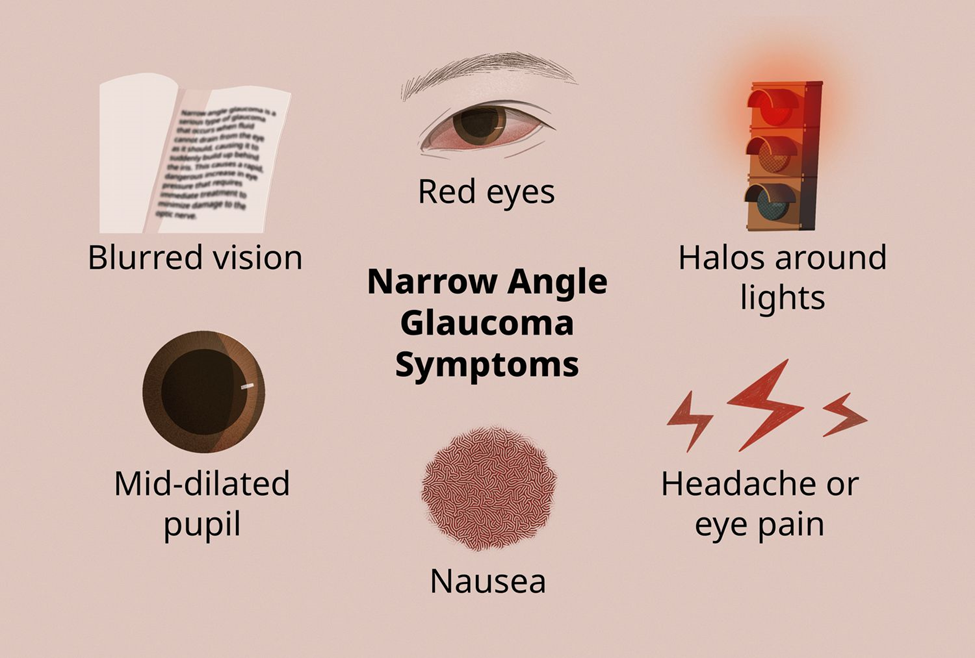An obese client with emphysema who smokes at least a pack of cigarettes daily is admitted after experiencing a sudden increase in dyspnea and activity intolerance. Oxygen therapy is initiated and it is determined that the client will be discharged with oxygen. Which information is most important for the nurse to emphasize in the discharge teaching plan?
Guidelines for oxygen use.
Methods for weight loss.
Approaches to conserve energy.
Strategies for smoking cessation.
The Correct Answer is D
A. Guidelines for oxygen use:
While guidelines for oxygen use are important, addressing the root cause of the respiratory condition, which includes smoking cessation, is crucial for long-term management.
B. Methods for weight loss:
Obesity can contribute to respiratory issues, but in the immediate context of emphysema exacerbation and the need for oxygen therapy, smoking cessation is a more urgent concern.
C. Approaches to conserve energy:
Conserving energy is important for clients with emphysema, but addressing the impact of smoking on respiratory function is a more immediate priority.
D. Strategies for smoking cessation.
Smoking is a major contributor to the progression of emphysema and exacerbation of respiratory symptoms. Addressing smoking cessation is crucial in improving the client's respiratory function and overall health. Continuing to smoke can exacerbate emphysema and compromise the effectiveness of other interventions, including oxygen therapy.
Nursing Test Bank
Naxlex Comprehensive Predictor Exams
Related Questions
Correct Answer is B
Explanation
A. Administer intravenous fluid bolus as prescribed by the healthcare provider.
While hydration is important, the vital signs provided (elevated heart rate and respiratory rate) are more indicative of potential respiratory distress. Administering fluids may be indicated in certain situations, but it may not address the immediate concern of compromised oxygenation.
B. Apply oxygen at 10 L via non-rebreather mask and monitor pulse oximeter.
This is the correct choice. The client's elevated heart rate and respiratory rate suggest the need for improved oxygenation. Applying oxygen at a high flow rate via a non-rebreather mask is an immediate intervention to address potential respiratory compromise. Monitoring the pulse oximeter provides real-time feedback on oxygen saturation.
C. Medicate for pain and monitor vital signs according to protocol.
Pain management is an important aspect of post-operative care, but the immediate concern in this scenario is the potential for respiratory distress. Administering pain medication alone may not address the primary issue.
D. Encourage the client to splint the incision with a pillow to cough and deep breathe.
While encouraging the client to cough and deep breathe is important for post-thoracotomy care, the elevated vital signs suggest a need for more immediate intervention to ensure adequate oxygenation. Applying oxygen and monitoring the pulse oximeter take precedence.

Correct Answer is D
Explanation
A. Eat a diet high in carotene:
While a healthy diet is important for overall well-being, there is no evidence to suggest that a diet high in carotene specifically prevents or treats glaucoma. The focus in glaucoma management is on intraocular pressure control.
B. Wear prescription glasses:
Prescription glasses may be beneficial for addressing refractive errors, but they do not specifically address the management of glaucoma. The client's concern about driving through a tunnel is more likely related to changes in peripheral vision associated with glaucoma.
C. Avoid frequent eye pressure measurements:
This is not the most important instruction. Monitoring intraocular pressure is a crucial aspect of glaucoma management, and the frequency of measurements is determined by the healthcare provider. Regular monitoring helps assess the effectiveness of treatment and disease progression.
D. Maintain the prescribed eye drop regimen:
This is the correct answer. The most important instruction for the client is to adhere to the prescribed eye drop regimen. Medications, often in the form of eye drops, are commonly used to lower intraocular pressure and manage glaucoma. Consistent use of prescribed medications is critical for controlling the condition and preventing further vision loss.

Whether you are a student looking to ace your exams or a practicing nurse seeking to enhance your expertise , our nursing education contents will empower you with the confidence and competence to make a difference in the lives of patients and become a respected leader in the healthcare field.
Visit Naxlex, invest in your future and unlock endless possibilities with our unparalleled nursing education contents today
Report Wrong Answer on the Current Question
Do you disagree with the answer? If yes, what is your expected answer? Explain.
Kindly be descriptive with the issue you are facing.
